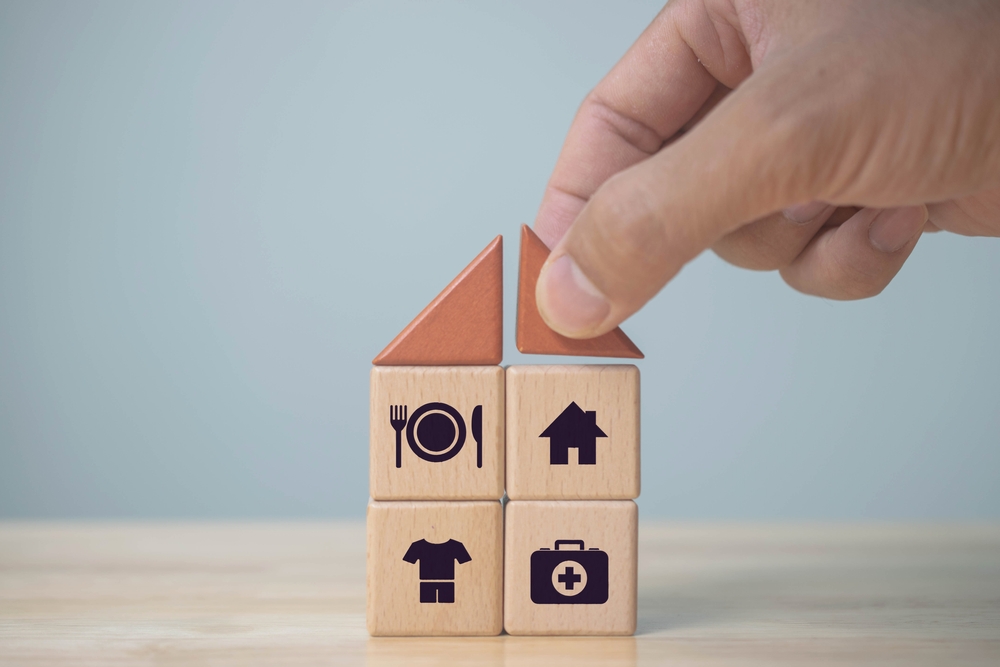Pre-Brexit, including the transition period, the UK was part of the EU VAT regime, meaning a UK business did not have to register for VAT in each EU country, and instead applies a common set of rules in relation to VAT. UK businesses could use various VAT simplifications such as distance selling thresholds and online VAT refund process.
However, as at 1st January 2021, UK businesses will have to treat EU countries like they do the rest of the world.
Terminology used for VAT will also change, trade with EU countries will no longer be called dispatches and acquisitions, it instead be referred to as imports and exports.
VAT will be payable upon import, although the UK government has introduced the postponed VAT payment system to avoid cash flow issues.
This lets businesses importing goods account for the VAT on their next VAT Return, meaning the goods can be released from customs without the need for VAT payment. This means that nothing will effectively change from a cash flow point of view, although there will obviously be new administrative requirements.
Import VAT
For goods imported from anywhere in the world, businesses must account for import VAT, as of the 1st January 2021 this includes countries within the EU.
For imports where the value is beneath £135, there is still a need to account for VAT, but you must use the new e-commerce rules (even if the goods were not traded via e-commerce). See below ‘VAT on imports £135 and under’ for more information.
VAT is applied at the point the goods are to enter free circulation. This might be at the port of entry, but it could be when the goods are released from customs warehousing, if customs special procedures are used. You will need to collect evidence from HMRC regarding the point the goods entered free circulation for your VAT records.
The VAT can be paid at the tax point, but most businesses are likely to make use of the postponed VAT accounting system.
This new system is similar to the existing reverse charge mechanism, whereby import VAT is not physically paid upfront and then reclaimed on the subsequent VAT return.
Postponed VAT Accounting
Postponed VAT accounting can now also be used for all imports outside of the EU. This represents a change from how VAT was accounted for prior to the end of the transition period and is likely to provide a cash flow boost for businesses that import from outside the EU.
A new monthly statement will be available as part of the postponed VAT accounting system. It shows the import VAT postponed for the previous month on a transactional basis, it also tells you when you should include it in your VAT Return.
VAT on Services
As a general rule following Brexit and the transition period, sales of cross border purchases of services from one business to another will remain subject to tax in the country of the customer.
The tax is generally accounted for as reverse charge in the destination country by the recipient of the service.
B2C sales of services will continue to be generally subject to tax in the country of the seller, again with some exceptions.
However, UK businesses that use the Mini One-Stop Shop (MOSS) system will need to register for the non-union MOSS and will no longer benefit from the €10k threshold before having to apply the place of supply rules.
This means many more businesses may be liable to VAT in the countries they sell digital services to and will need to register for non-union MOSS.
VAT on Imports Under £135
The UK is introducing additional measures for overseas goods arriving from outside the UK:
- Low Value Consignment Relief (LVCR) will be removed. This exempted imports with a value below £15 from import VAT.
- Online Market Places (OMPs), where they are involved in facilitating the sale, will be responsible for collecting and accounting for the VAT.
- VAT on imports with a consignment value of £135 or lower will have VAT applied at the point of sale, rather than import VAT at customs (for B2C transactions this UK VAT will be charged and collected by the seller but for B2B transactions the VAT will be reverse charged to the customer).
This means foreign sellers sending goods into the UK will need to charge UK VAT and register to be part of the UK VAT system when supplying goods with a value of £135 or less to end consumers (that is, non-VAT-registered individuals).
Businesses who receive goods of £135 or less will account for the VAT as part of the reverse charge procedure, declaring the VAT on their next VAT Return.
The recipient business must ensure the seller knows their VAT number, otherwise seller will have to treat it was a B2C sale and add VAT.
VAT on Exports
Exports to EU countries will be treated like those to non-EU countries, they should be zero-rated for UK VAT.
This applies regardless of whether you are exporting goods to a consumer or a business. There is no longer any need to observe distance selling regulations or to verify the VAT status of the recipient business.
This could mean that businesses selling B2C to the EU need to register for EU VAT and appoint fiscal representatives depending on the requirements of the countries in which they sell.
Zero Rate Goods for VAT
This does not mean you can forget about VAT. You need to apply a 0% VAT rate. No VAT is payable, but you must include the exports as part of your VAT accounting.




